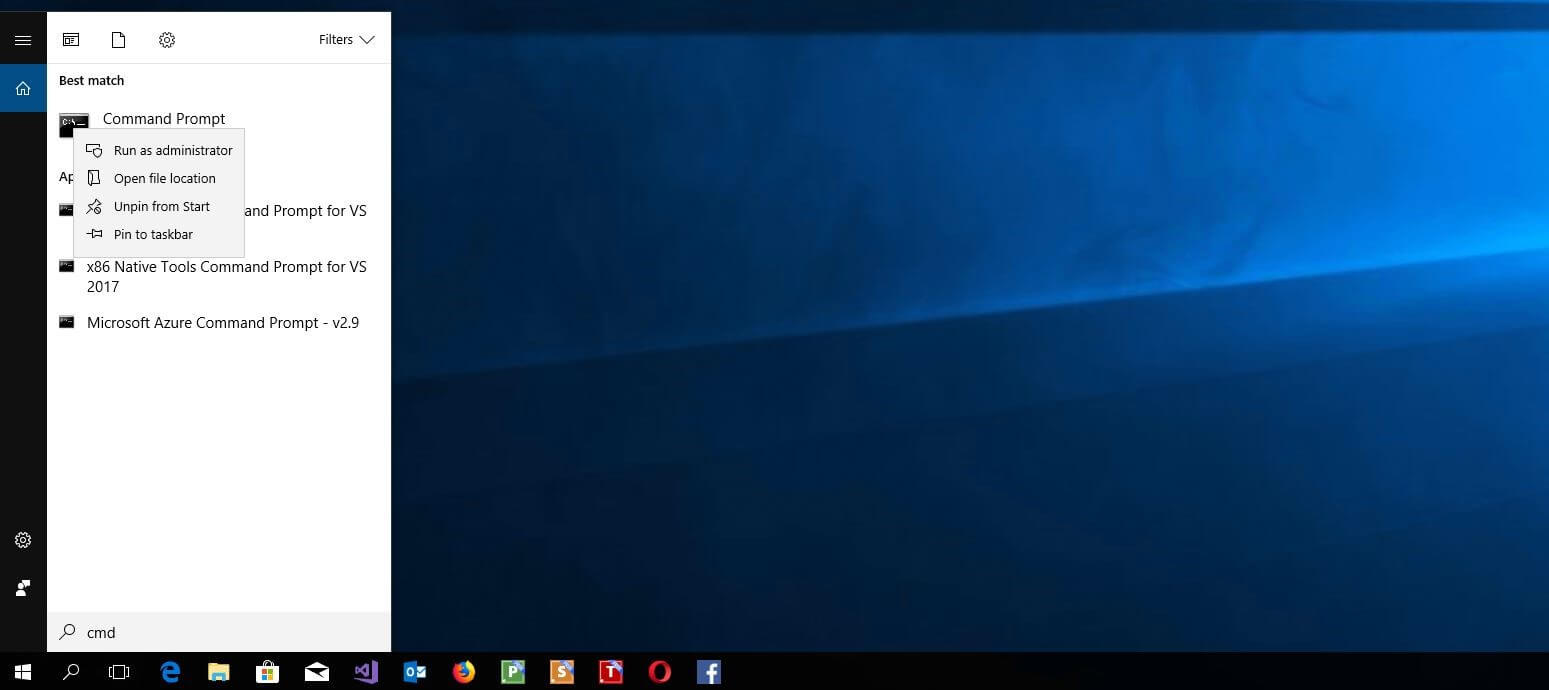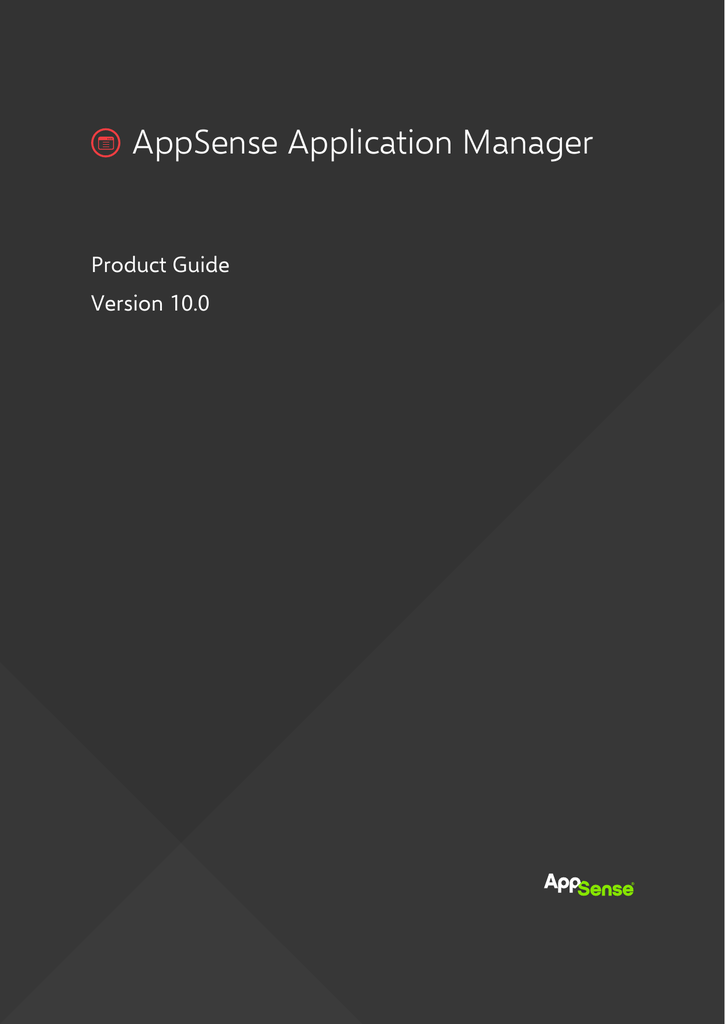


- #0x80070005 windows package manager internet explorer 9 install
- #0x80070005 windows package manager internet explorer 9 windows 10
Would you like OneGet to automatically download and install 'nuget' now? The provider 'nuget v2.8.3.6' is not installed. If you’re a security-minded IT professional, you’re probably thinking, “Should I really trust that the software packages hosted by a given repo are legitimate?” Microsoft’s PowerShell team, if you listen to the talks, tries to temper our concerns by promoting a particular community repository named Chocolatey-more on that in a moment.įor now, let’s run Find-Package just to see what packages are available to us by default: PS C:\> find-package The person or persons running the repository decide what software to include, how many versions to maintain, and so on. A repository, as I said earlier, is an online source for available software packages. Not too many commands to learn, right? That’s cool. Next, fire up an elevated Windows PowerShell console session and verify that you are indeed running 5.0: PS C:\> $PSVersionTable.PSVersionĪll the relevant package management commands are contained in the OneGet module let’s enumerate these commands now by running Get-Command: PS C:\> Get-Command -Module OneGet | Select name
#0x80070005 windows package manager internet explorer 9 windows 10
You should also be aware that only Windows 8.1, Windows Server 2012 R2, and Windows 10 client and server support Windows PowerShell 5.0 in the first place. Windows 10 Technical Preview also has Windows PowerShell 5.0 built in, as you’d expect. As you probably know, the Microsoft PowerShell development team makes preview builds available to us periodically by releasing pre-release WMF versions. Your first step is to download and install the latest build of Windows Management Framework (WMF) 5.0 Preview from the Microsoft Download Center. One of the cool things about package manager software is that it automates frustrating tasks, such as resolving software package dependencies, upgrading to newer versions, and, of course, uninstalling applications. In the *Nix world, repositories (also called repos) are web-based storage locations that make source code-compiled software packages available to users.


 0 kommentar(er)
0 kommentar(er)
